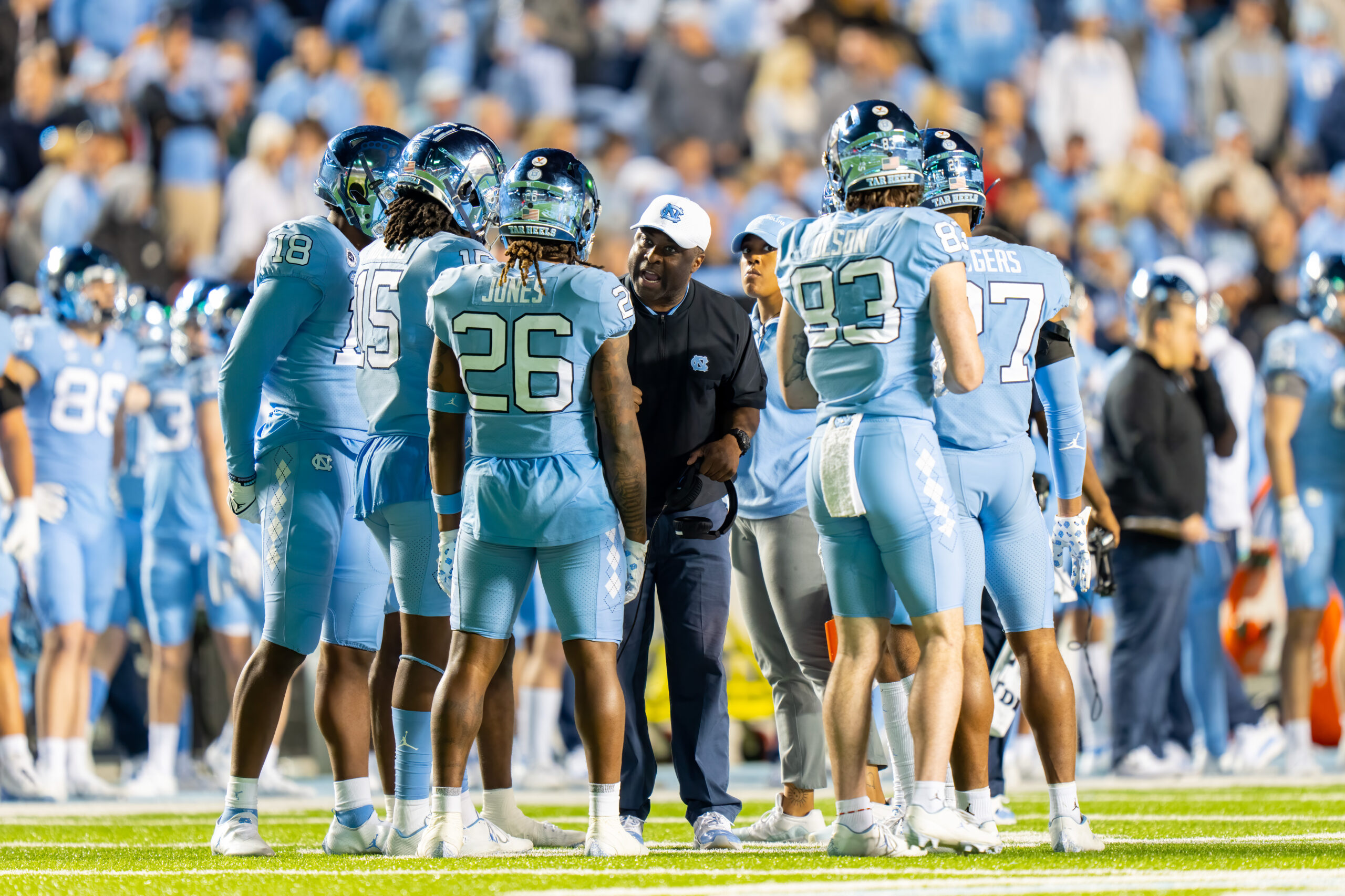

Art Chansky’s Sports Notebook is presented by The Casual Pint. YOUR place for delicious pub food paired with local beer. Choose among 35 rotating taps and 200+ beers in the cooler.
The Supreme Court ruling made recruiting even more complicated.
If colleges and universities can no longer admit students based solely on race, what happens to the great majority of Black athletes in football and basketball programs across America?
The overturning of Affirmative Action is a new daunting issue for admissions and compliance offices at schools that play major college sports. We can debate all day long why Black players fill the majority of rosters at Power 5 programs. But it’s true, and now it could change.
CNN reported that “UNC’s second highest academic category . . . recently admitted 84 percent of Black applicants compared to 58 percent of white applicants and 47 percent of Asian American applicants.” It did not specify the second highest academic category as athletics, but with 85 scholarships in football it stands to reason that affects the high percentage.
According to CNN reporting, “the Court found admission policies that discriminated against Asian American applicants while enhancing the acceptance odds of other categories of applicants, including recruited athletes, legacy children, children of wealthy donors and applicants of other races. Admission officers . . . are instructed to favor applicants for reasons that are not based on academic merit. Athlete applicants fall into that category, and how the Court’s ruling is applied will have an impact on recruitment.”
UNC Athletic Director Bubba Cunningham said Thursday night, “I do not think it will have an impact” on the recruiting of minority athletes. Just like the talented artist, chemist or musician might have their applications “red-flagged” for special consideration, prep star athletes with sub-par transcripts have been admitted to Carolina and other schools for decades. That may have to change.
While the admission offices tell coaches whether certain athletes they want to recruit can or cannot be admitted, that decision may now have to come later when ratios are determined for an entire entering class.
And what happens when a highly recruited athlete cannot get into the school of his choice because he is one too many of his race? The lawsuits filed against Carolina and Harvard spelled out how they want to handle diversity.
Now, if they cannot admit a minority athlete they really want, will they be subject of new lawsuits by the athletes and their families?
One way to avoid this latest hornet’s nest may be to make athletes employees of their schools or athletic conferences. That could be coming anyway in the rapidly changing world of big-time college athletics.
Featured image via Eli Melet
Chapelboro.com does not charge subscription fees, and you can directly support our efforts in local journalism here. Want more of what you see on Chapelboro? Let us bring free local news and community information to you by signing up for our biweekly newsletter.
Podcast: Play in new window | Download
Subscribe:
Related Stories
‹
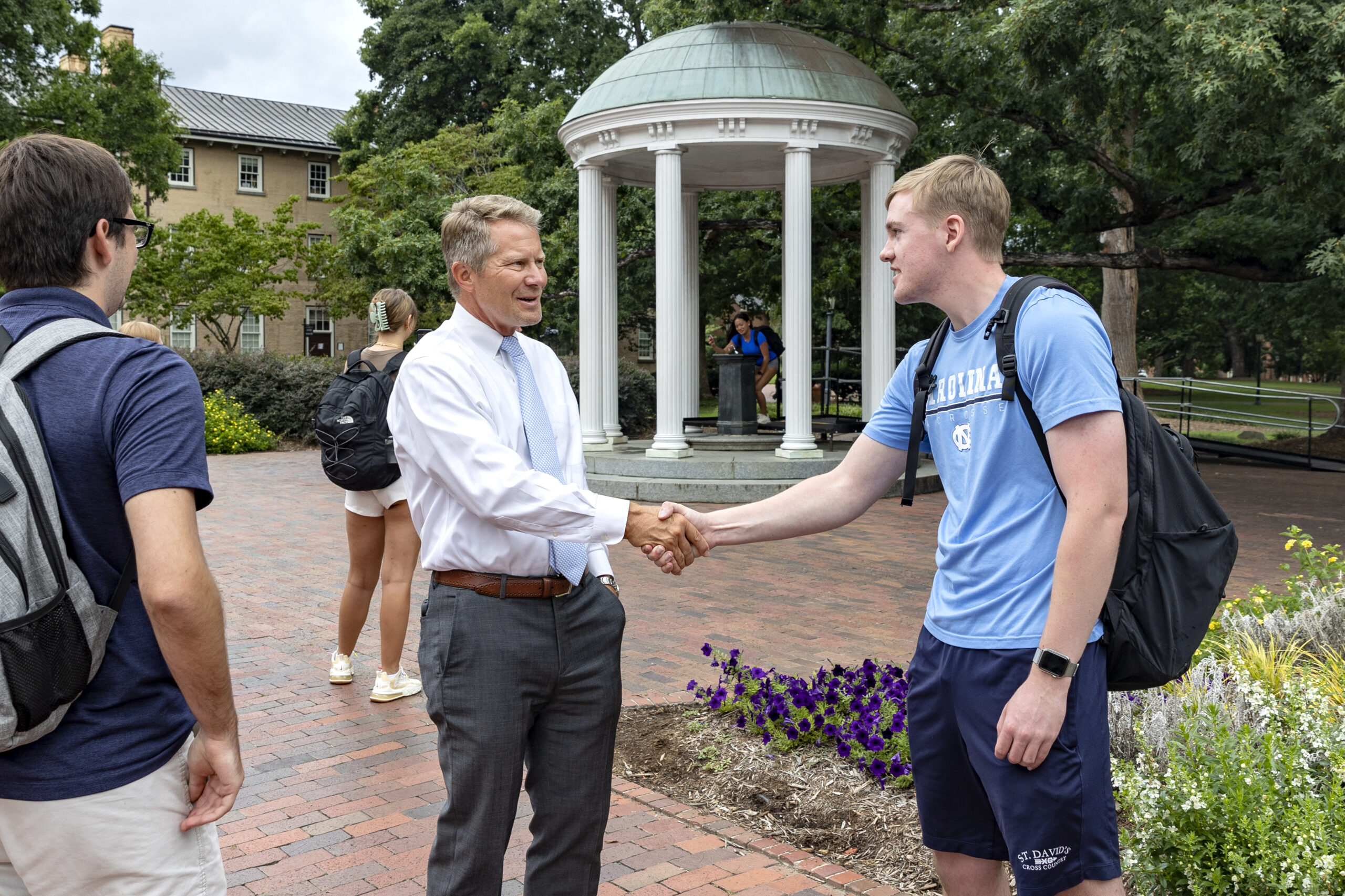
UNC Chancellor Speaks on Admissions Changes, New Financial Aid Plan Ahead of 2023-24 ClassesUNC officially opened up its doors to students who are living on campus this week, as it welcomes undergraduates back ahead of the start of classes on Monday. While the past academic year went relatively smoothly for the student body – compared to recent examples of Silent Sam controversies and the COVID-19 pandemic […]
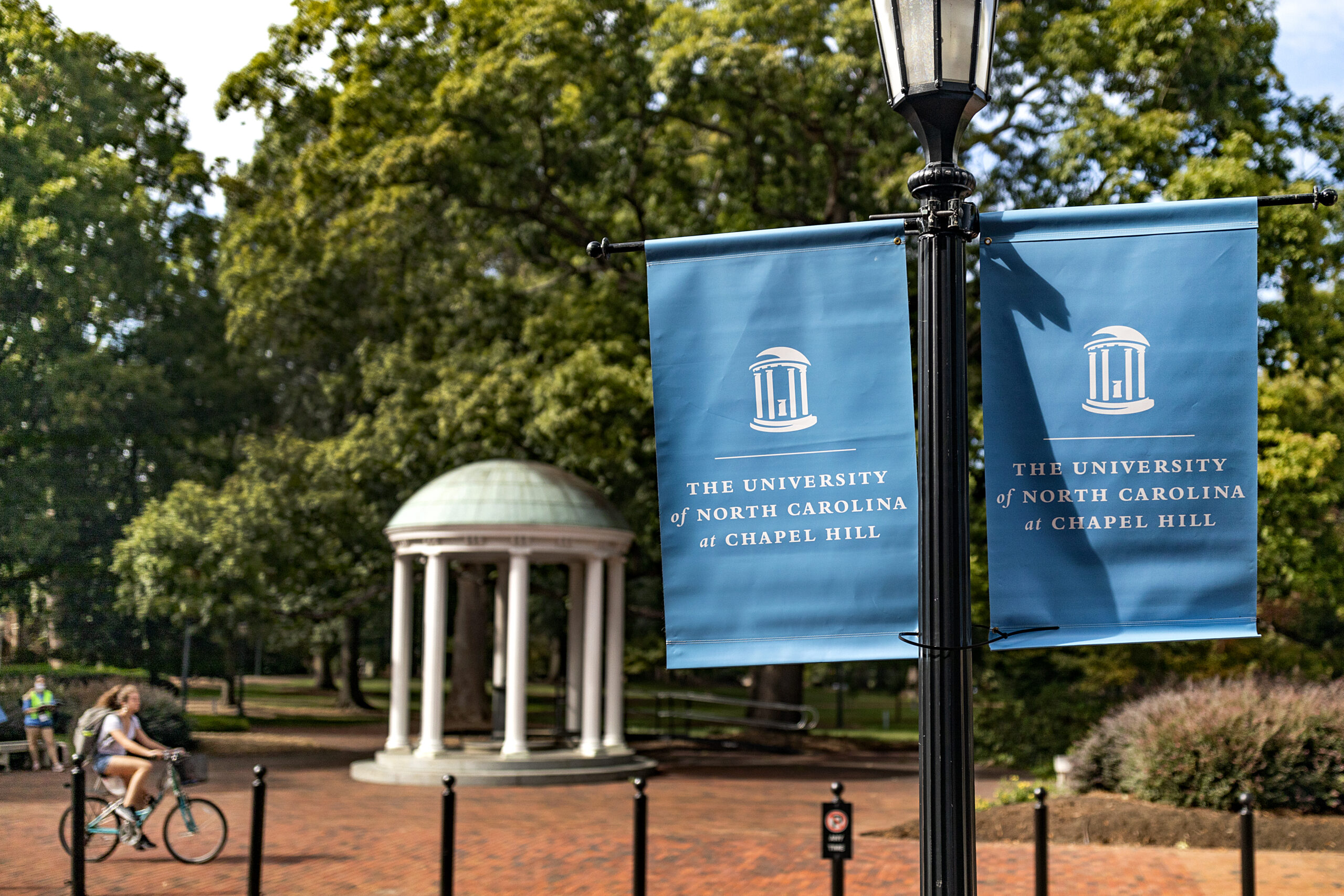
UNC Organizations Plan to Still Champion Diversity in Wake of SCOTUS RulingSome UNC students and faculty groups say they will continue to push for diversity on campus despite the ruling against affirmative action.
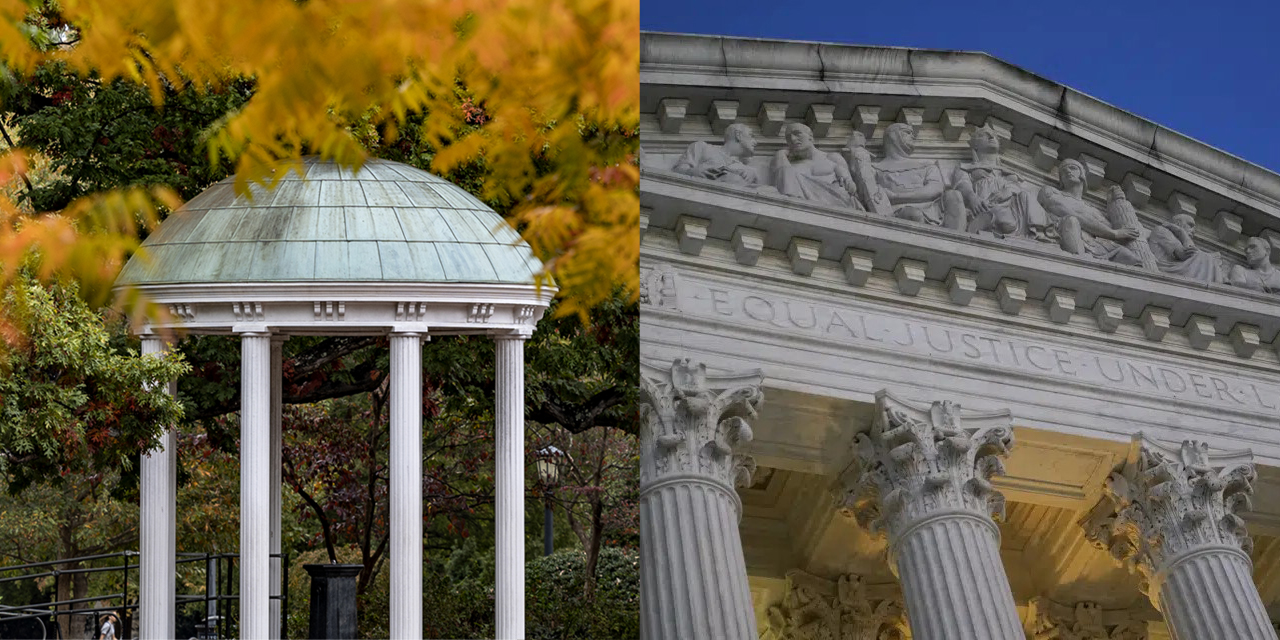
Supreme Court Rules in UNC's Case Over Affirmative Action, Ends Race Consideration in AdmissionsThe U.S. Supreme Court announced its ruling in Students for Fair Admissions v. the University of North Carolina on Thursday, effectively ending decades of the practice of affirmative action in college admissions and a nearly ten-year lawsuit against the Chapel Hill school. The court’s conservative majority led the ruling that UNC’s, and Harvard’s in a […]

Civil Rights Leaders Visit Chapel Hill, Advocate for SCOTUS ExpansionAs the country awaits a ruling on the future of affirmative action in higher education, civil rights leaders visited Chapel Hill.
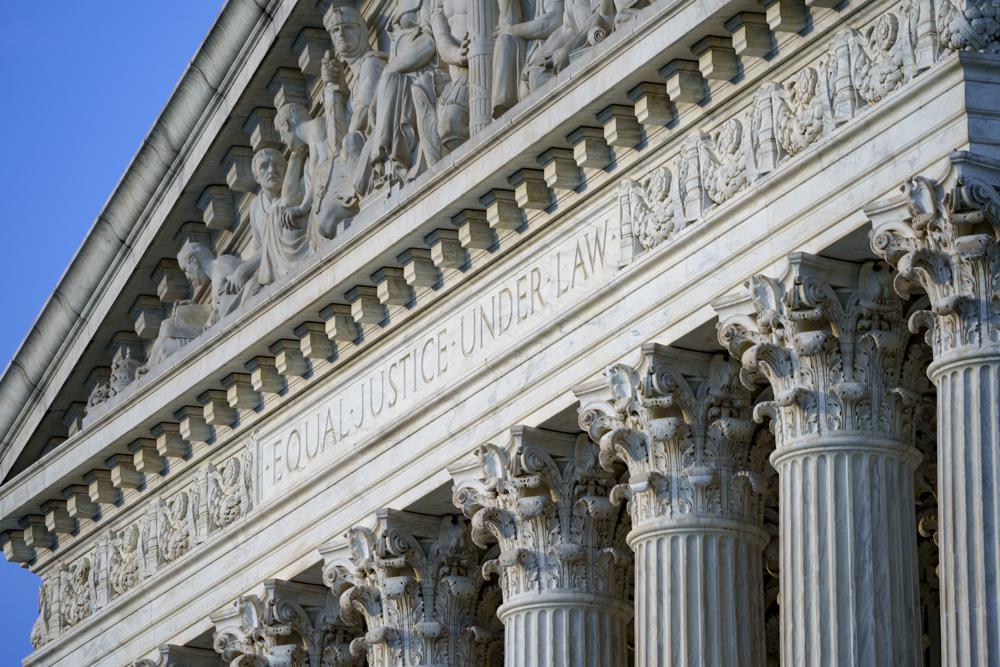
Justices To Hear Challenge To Race in College AdmissionsWritten by MARK SHERMAN The conservative-dominated Supreme Court on Monday agreed to hear a challenge to the consideration of race in college admissions, adding another blockbuster case to a term with abortion, guns, religion and COVID-19 already on the agenda. The court said it will take up lawsuits claiming that Harvard University, a private institution, and the […]

UNC May Keep Affirmative Action in Admissions, Judge SaysA federal judge has ruled that North Carolina’s flagship public university may continue to consider race as a factor in its undergraduate admissions, ruling against a group that argued the practice disadvantaged white and Asian students. U.S. District Judge Loretta Biggs ruled late Monday that the University of North Carolina has shown that it has […]
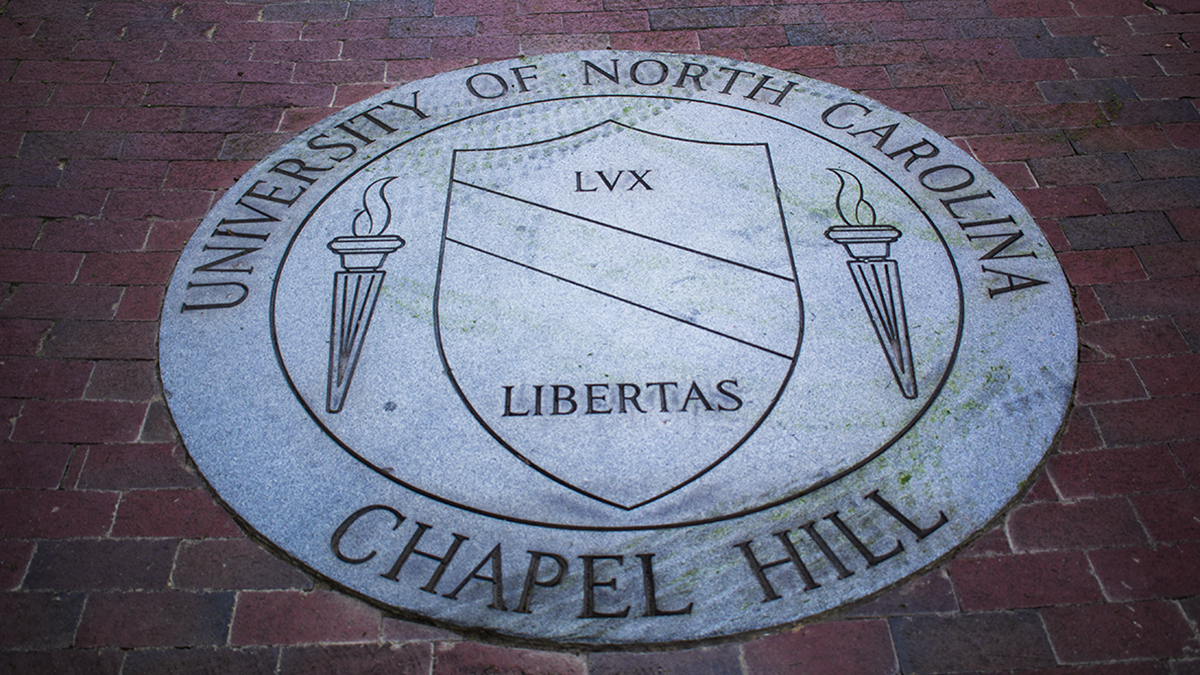
UNC Set For Return to Court in Ongoing Admissions LawsuitThe next chapter in a years-long lawsuit between UNC and an anti-affirmative action group is set to begin on Monday. The university looks to begin its defense in a case filed by Students for Fair Admissions Inc. against UNC’s admissions practices. Set to be held in the U.S. District Court for the Middle District of North Carolina, the […]
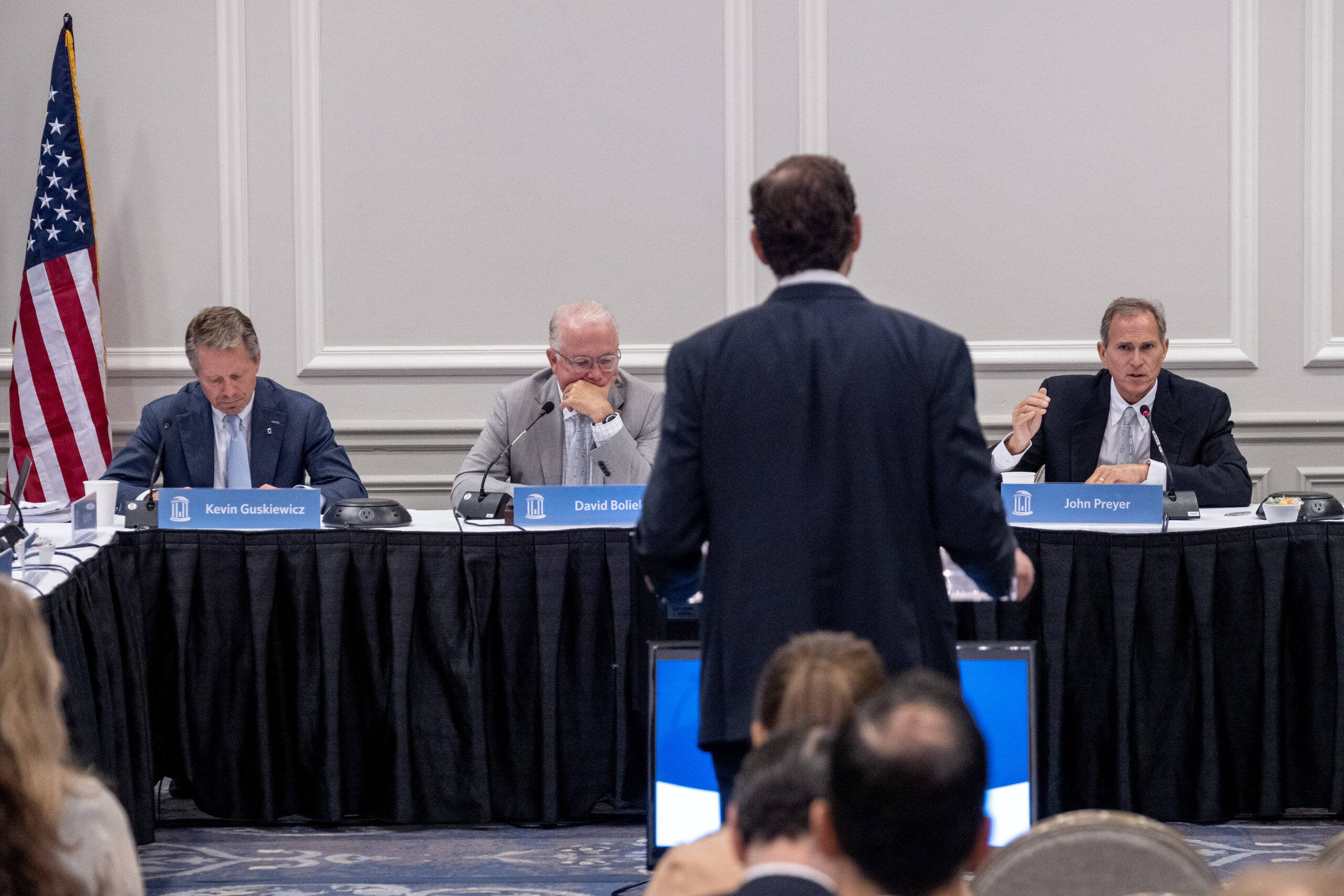
UNC Trustees Talk Affirmative Action, Accessibility at First Meeting of 2023-24UNC Board of Trustees officially barred use of 'race, sex, color or ethnicity' in admissions, complying with Supreme Court case decision.
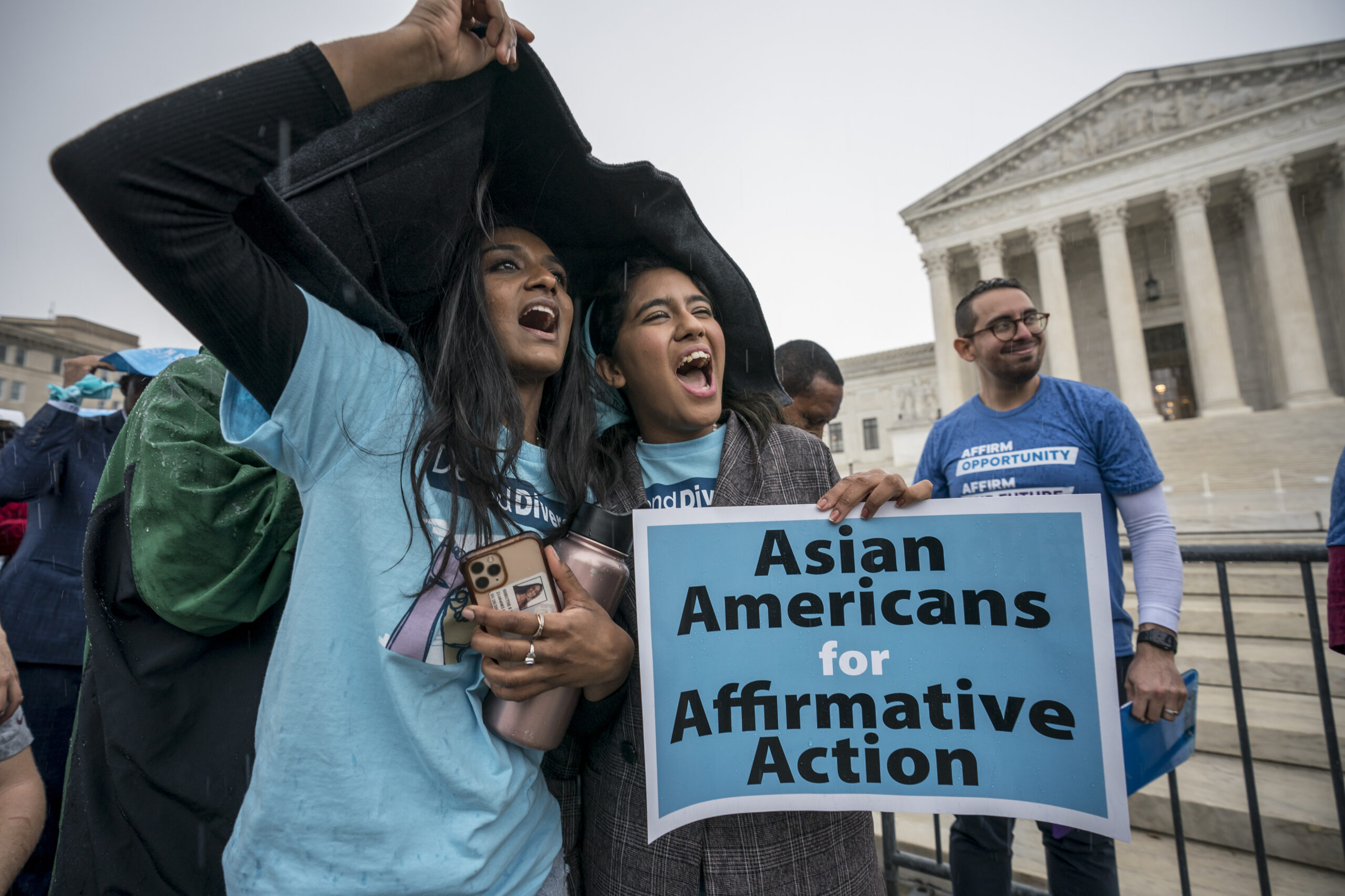
Activists Spurred by Affirmative Action Ruling Sue Harvard Over Legacy AdmissionsWritten by COLLIN BINKLEY A civil rights group is challenging legacy admissions at Harvard University, saying the practice discriminates against students of color by giving an unfair boost to the mostly white children of alumni. It’s the latest effort in a growing push against legacy admissions, the practice of giving admissions priority to the children […]

Chansky's Notebook: Latest Hornet's NestArt Chansky’s Sports Notebook is presented by The Casual Pint. YOUR place for delicious pub food paired with local beer. Choose among 35 rotating taps and 200+ beers in the cooler. The Supreme Court ruling made recruiting even more complicated. If colleges and universities can no longer admit students based solely on race, what happens […]
›











